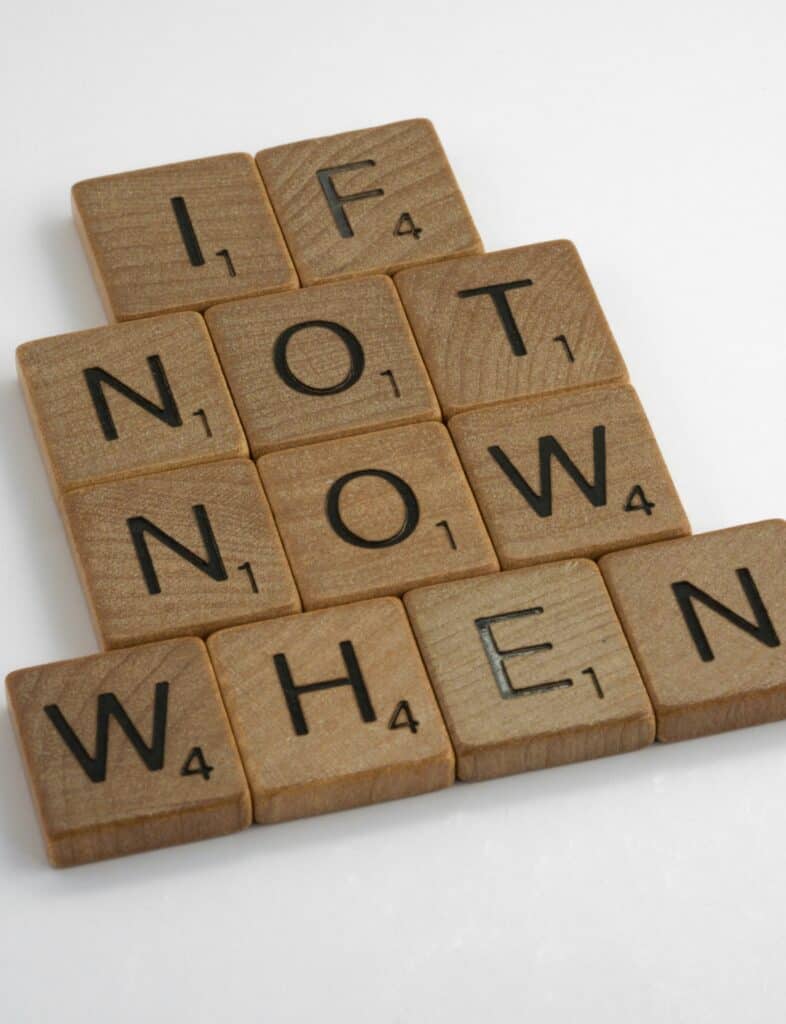“I’m a chronic procrastinator, and it’s really starting to affect my life. I always put things off until the last minute, and then I end up feeling stressed and overwhelmed trying to get everything done. I know I need to change this pattern, but I’m not sure how. Can you suggest some strategies or techniques to help me stop procrastinating and become more productive?”
Addressing the pattern of procrastination is the first step in trying to make a change. I applaud you for noticing how shame creeps in with procrastination, as it can feel like a personal failing.
“Why can’t I just get myself to do it”? This, or similar questions are common with people who struggle with procrastination. Let’s re-frame this question to, “what is going on with me”? “How am I feeling”? Most people who struggle with chronic procrastination struggle with chronic stress or perpetual burnout. Procrastination is not a moral failing and is often more complex than being lazy or unmotivated.
Mel Robbins has an awesome podcast where she addresses procrastination called “The Only Way to Stop Procrastination”. Here, she states there are two different types of procrastination– destructive and productive procrastination. Productive procrastination looks like taking a break from a project to reset or rejuvenate and coming back to it when ready. Destructive procrastination looks like small delays in completing a task, like scrolling social media, doing something less important than the task at hand, or completely avoiding the important task until it is incredibly stressful to get done. Destructive procrastination is usually what fills us with negative self-talk and makes us feel like we are failing at our responsibilities or even as a person.
If we open ourselves up to the understanding that procrastination often happens when our brain and body are already stressed or tired we can examine other areas of our lives where we may need support or assistance. Stress activates our flight, fright, or freeze mode. Procrastination can look like freeze mode. You go to start a task that you know is important and without realizing it you’ve pulled out your phone and all of a sudden 30 minutes are gone. You then berate yourself as you cannot get that time back and have wasted time on your phone. Sound familiar? This becomes a cycle and it can be difficult to break.
Take a breath and go ahead and lean into some compassion and kindness for self. Next, explore why this task is so difficult. Is there a bigger reason or root cause as to why simply completing the task feels impossible? You may find the task represents a bigger cycle or event of stress which has made you unable to complete the task. If you discover the root cause of your stress, it may even point to times in your life where you experienced trauma that is unresolved in your body, making stress activation a normal go to for your autonomic nervous system. Working on this with your therapist through mindfulness exercises and re-processing of the trauma will help regulate your stress levels, and you may find a decrease in procrastination behaviors.
Now that you’ve identified what is going on, beyond simply procrastinating, and you’ve offered yourself forgiveness and compassion, you can start doing. This part of kindness and forgiveness towards self may sound simple, but you would be surprised how much saying, “it’s ok” or “I forgive you and love you” to yourself can impact your brain and dopamine sensors, so don’t skip it!
The phrase, “fake it till you make it” , also comes to mind. As simple as it is, you are showing your brain that you can do this task even if you don’t yet feel like you can. Likely once you start the task, it will be easier to continue completing it. Lean on friends and family for support in trying to break a habit and make new behavior patterns. And as always, seek mental health support to start coping with root causes of stress and procrastination. With time and support, it can get better!
Remember you are not alone in this, and there is nothing wrong with having these thoughts and behaviors. Seek help as needed, and work on allowing your thoughts to float through you like clouds moving in the sky. If you’d like to setup an appointment with one of our therapists, please call 252-232-8086.

